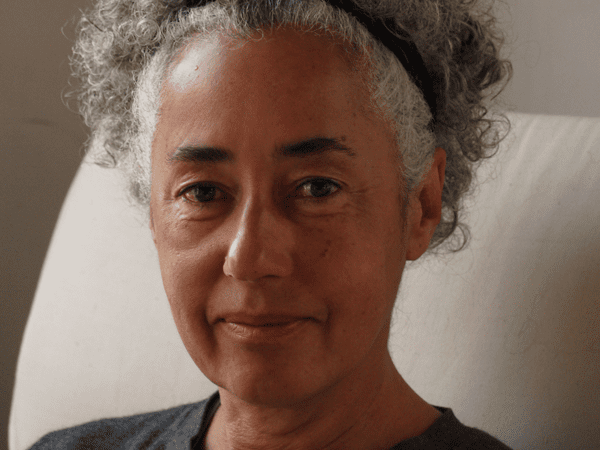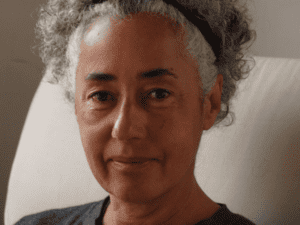Emerging Author of the Month: Sheila Murray

Diaspora Dialogues
July 2, 2013


Tell us about yourself.
My English mother and Jamaican father raised me in England until I was seventeen when we all moved to Toronto. Since then I’ve earned a degree in Journalism and a Masters in Immigration and Settlement Studies. Now I am older, wiser, and certain of a couple of things: life gets more complicated and there’s never enough time.
Tell us about the piece you’ve decided to share.
The piece I’ve included here is an excerpt from a finished book (supported by DD). What you’ll read is about a man whose life—past and present—is chronicled throughout the novel. The book’s central story is the first eighteen months of a young man’s challenging, contemporary urban experience. This novel, Edward, is about relationships and race, and how some things change, but not all of them.
When and why did you realize you had a passion for writing?
When I was a kid I’d win essay contests at school. I liked the prizes, but I hated having to read the pieces to the school assembly. I was so shy that I couldn’t force my voice above a whisper, so, despite the microphone, the audience had to endure until it was over, signaled by my leaving the stage. What I’ve learned is that if you’re a good reader (and I’m told that I am), hearing your own written words spoken into a silent room full of listening people is actually really nice.
What pieces of writing/authors have had the greatest impact on you?
I read lots of Iris Murdoch when I was a young teenager. I love the surprises in her books, how her people go about their lives in the ordinary way until everything spins out of control and they’re suddenly overwhelmed and steered by buried passions that they can no longer keep quiet. Even though Murdoch’s intellectual discourse sailed way over my head, and I’d lose track of the dozens of characters and muddle the plot, the core human stuff was always so compelling that I loved it all.
What kind of writer do you aspire to be?
I’d like to one day write a paragraph that is as good as any page of Marilynne Robinson’s Home. She has an extraordinary ability to reach right through to the source of human feeling.
How and when do you find time to write?
I am usually self-employed. When I’m not too busy I can create a schedule that gives me time to write in the mornings—my best time. If I can do that for an hour or more a day, then I’m a happy writer.
